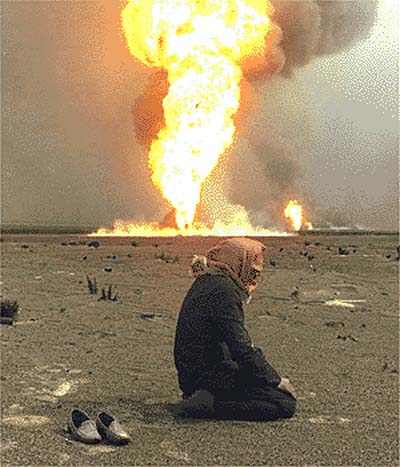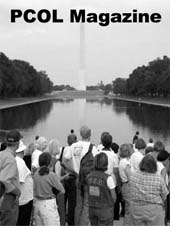
| By Admin1 (admin) on Sunday, August 10, 2003 - 9:57 am: Edit Post |
War-Zone Peace Corps?


"Today the war on terror guides America's foreign policy, and it is all-encompassing. No nation is totally immune from danger. If it only allowed its volunteers in safe, stable countries, the Peace Corps would risk being shut out of too much of the world. The security situations in these countries may not change, but the Peace Corps can.Returned Peace Corps Volunteers have been discussing when the Peace Corps should return to Afghanistan at:
Unfortunately, the Peace Corps removes its volunteers just when they are needed the most: when anti-Americanism is running unchecked and the need for contact with ordinary American citizens is greatest. Volunteers who have just graduated from college may not be prepared to serve in these challenging settings. But there are surely Americans, given the right amount of training and experience, who would relish the chance."
 | Previous Issues and Special Reports Exclusive: How RPCVs organized anti-war Ad Improvements needed in Volunteer Support From Russia with Love Health Concerns: The Controversy over Lariam GAO Reports on PCV Safety and Security The Digital Freedom Initiative PC/Washington: Senior Staff Appointments at PC HQ PC Expansion: The Numbers Game? Op-ed: Why Peace Corps needs Shriver's 4th Goal When should PC return to Afghanistan? RPCV Spy dies in Moscow Op-ed: The Case for Peace Corps Independence Preservation of an Independent Peace Corps For the Peace Corps Fallen |
